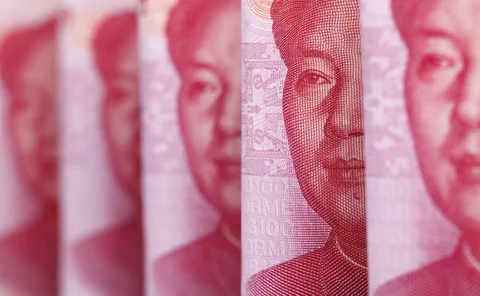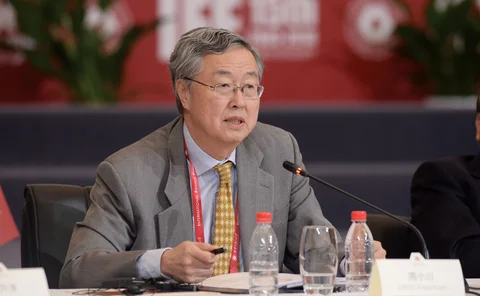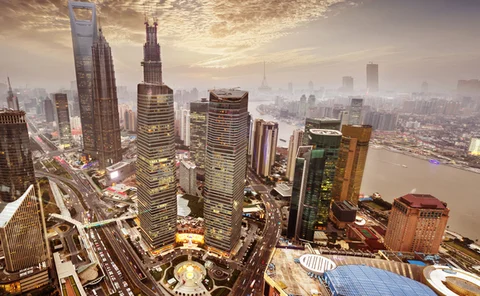China
The PBoC’s efforts to solve the ‘impossible trinity’
Chinese central bank intervenes to manage offshore renminbi rate; uses swaps, rather than selling reserves in latest currency interventions
BoCHK set to secure role for Philippines renminbi clearing
Bilateral settlement gains importance in yuan internationalisation process; race on for Indonesia clearing licence
The ‘great fintech wall of China’?
Deploying fintech wrappers could help to solve part of the People’s Bank of China’s capital control dilemma; trials possible in Greater Bay Area
China remains “committed” to globalisation, says Zhou Xiaochuan
Debt sustainability to be discussed at second Belt and Road Initiative summit next year; WTO deal still needed
Trade dispute causes PBoC ‘a lot of problems’ – Peking University's Xiao Geng
Monetary policy dilemma for PBoC due to US trade dispute; FSDB can curb regional excesses
Fintech poses “serious” challenge to governance, says former PBoC deputy
Li Dongrong warns of fintech spillover risks, regulatory arbitrage and digital divide; dismisses PBoC use of ‘untested’ blockchain
PBoC’s policy communication could improve - IMF paper
Central bank’s communications should be more timely and accessible, researchers say
Chinese authorities toughen rules on systemic firms
PBoC expands definition of systemically important firms and gains new powers
China’s rebalancing on hold as growth falters – IMF paper
Rebalancing is expected to continue in 2019, but income inequality and leverage could prove an issue
Lagarde calls for an end to trade tensions
IMF chief says countries should ‘fix’ global trade system, not ‘destroy’ it
Chinese banks fail tests as PBoC warns of ‘grey rhino’ risks
Half of banks failed the most severe stress tests; central bank says transition to new economy might unleash unexpected risks
Dollar strength drives yuan to lowest level in a decade
Higher US rates are narrowing interest rate differential as Chinese growth weakens
Sino-Japanese political optics right for $30bn swap and Tokyo RMB clearing
BoJ and PBoC agree local currency swap line after long delay; Bank of China set to be RMB clearer in Tokyo
PBoC moves to boost lending amid trade tensions
Efforts towards deleveraging are being put on ice as the economy slows
China’s exchange rate poses major challenge to fairer trade – US Treasury
Renminbi has fallen by 6.25% against US dollar in 2018, reserves have declined by $74 billion
Chinese governor stresses trade risks at IMF meeting
Yi Gang says protectionism has already damaged global business confidence
IMF calls for fiscal consolidation in anticipation of next crisis
As global financial conditions tighten, emerging economies record higher corporate and sovereign debt
PBoC cuts RRR as markets plummet
Trade war fears trigger instability in Chinese markets
EU countries to build payments link with Iran
“Special purpose vehicle” designed to allow “legitimate business” with Iran, despite US sanctions
PBoC launches first phase of blockchain trade financing platform
Platform could help increase access to finance for SMEs while improving trade networks between Macao and Hong Kong
China’s ‘big five’ banks highly inefficient – Bank of Finland paper
Biggest lenders suffer from persistent inefficiency, researchers say
People: Chinese and Turkish central banks each gain new deputy governors
Bank of England director to lead Irish central bank financial stability department; and more
Chinese banks boost lending, official figures show
Overall credit supply grows year-on-year but is outpaced by increase in bank lending
Ex-PBoC governor says renminbi internationalisation is long-term project
Future is "promising", despite signs of stagnation





















